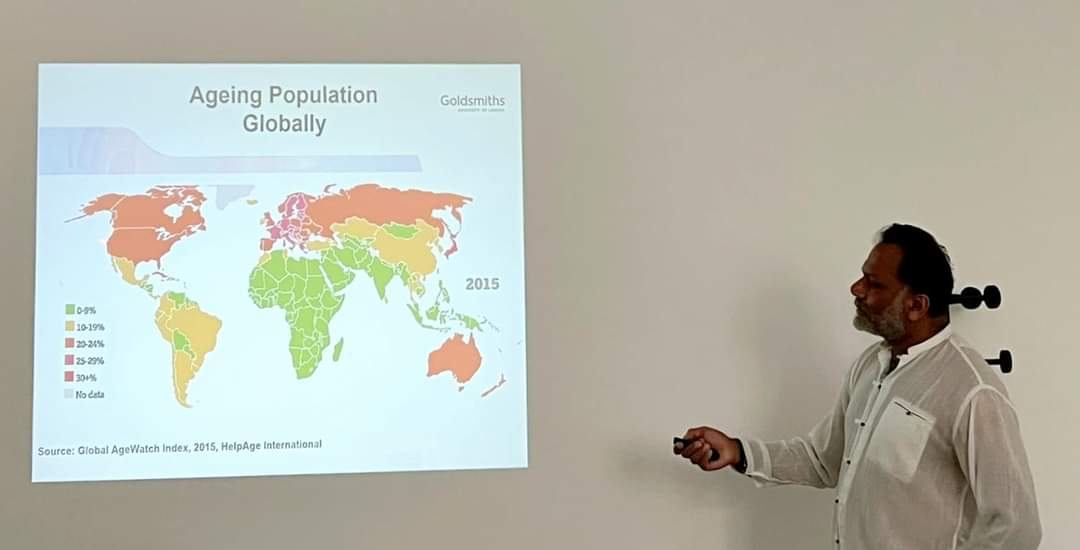
“Detecting Pre-Clinical Signs of MCI or Dementia in Healthy Elderly Populations” Novel memory test, VALMT, detects early signs of dementia in aging populations and individuals with sports-related head injuries. Highlights the need for sensitive screening tools and explores links between disrupted sleep and memory issues in the elderly. Implications for dementia diagnosis and treatment.
While memory deficits, particularly amnesia, are classically linked to medial temporal lobe damage, evidence over the last two decades has demonstrated that there are other groups who show different, but nonetheless significant patterns of forgetting. These can include older adults at risk of dementia and an emerging group of individuals whose memory problems may be related to contact sports. While amnesia can be detected using standard clinical measures, many elderly individuals pass these tests despite subjective complaints of memory problems; however, meta-analyses have shown that about 20% of these individuals go on to develop dementia. Given the personal, financial and societal costs of dementia in an ageing population, and the benefits of early identification of those at risk of dementia, and separately, the increased reporting of early onset dementia in those who have played contact sports for many years, a more sensitive test is required. In this talk, a series of studies spanning 20 years will be reviewed demonstrating the development of a new paradigm, the Verbal Associative Learning & Memory Test (VALMT). Our findings suggest that VALMT is detecting rapid forgetting in otherwise healthy ageing populations who might be at risk of developing dementia in the next few years and therefore might have potential as a preclinical screening tool. Importantly, our results show that this subgroup passes two of the frontline (English) measures of memory, the Logical Memory subtest of the Wechsler Memory Scale (WMS) and the California Verbal Memory Test (CVLT). Other studies have shown that VALMT may also be useful in another group that is becoming more prevalent in society, namely those suffering from early onset dementia through repeated non-concussive head injuries through contact sports such as football and rugby. Current studies are exploring the contribution that disrupted sleep may be making in poor memory in the elderly. The results have important implications for future diagnosis and treatment of dementia.
Abouth the Guest Speaker: Dr. Jansari is a cognitive neuropsychologist with over 30 years of experience in the field having trained at King’s College Cambridge, Sussex University and the University of Iowa Hospitals & Clinics. In his research he studies everyday mental functions such as memory, executive functions and face-recognition by studying individuals who have profound difficulties in these abilities that we take for granted resulting in a variety of disorders such as amnesia, dementia or prosopagnosia (inability to recognise familiar faces). In addition to his research expertise, Dr. Jansari has also developed an expertise in being able to ‘translate’ general issues in psychology and science to the lay-person to make them more accessible having appeared on TV in the UK, Germany, Norway and Japan. For this work, he has been nominated for a British Academy Charles Darwin Award for communicating science to non-specialist audiences.